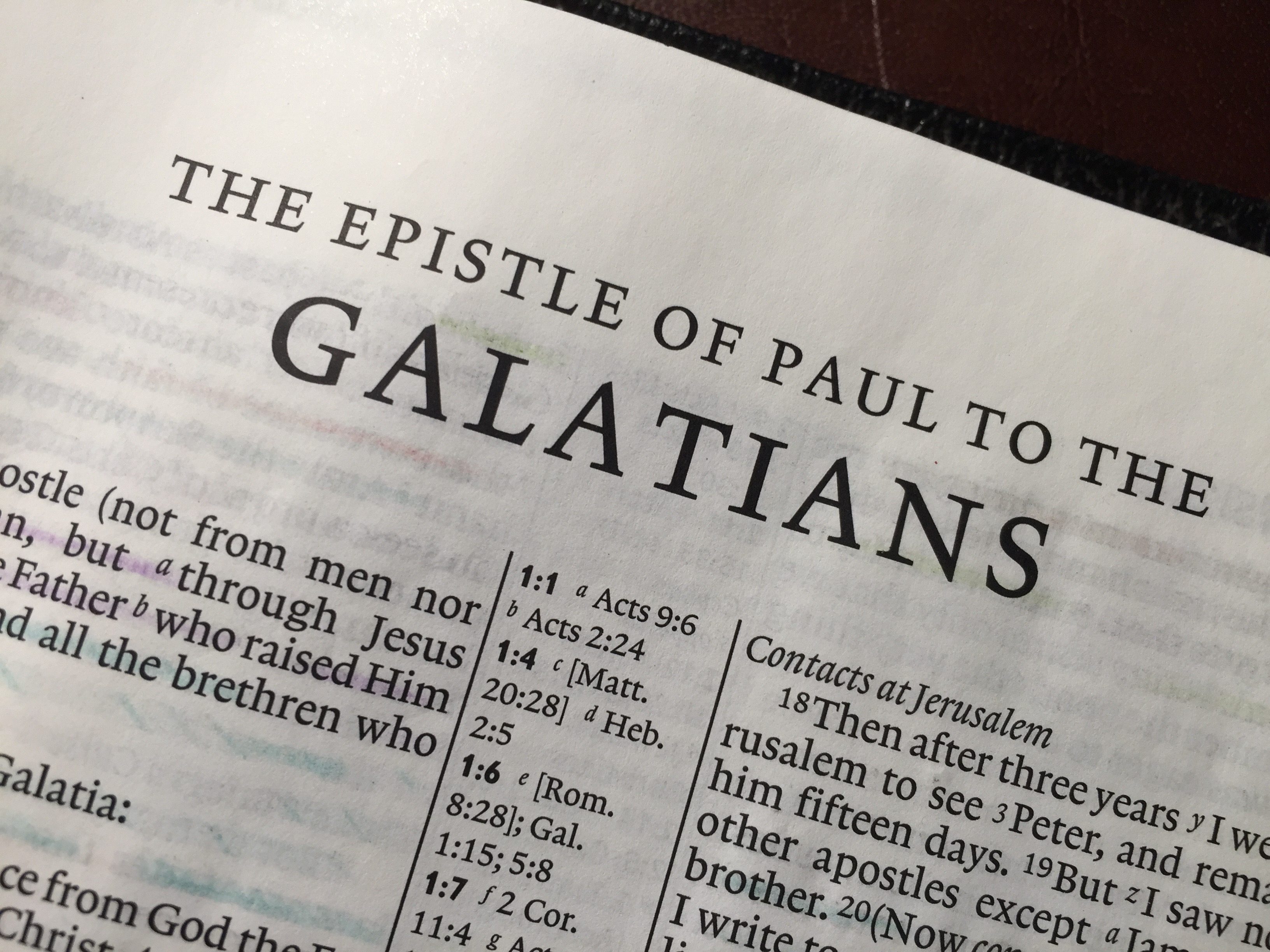
Is the commonly called “two house” or “two-stick” message” of the Bible something we should study? Are there any spiritual and prophetic benefits to understanding who the two houses of Israel are? The answer is yes. I would prefer to call it the “One House Message,” since this biblical truth involves the regathering and reunification of the Jews (the house of Judah) and the Christians (loosely speaking, the house of Israel or Ephraim) into one nation through Yeshua the Messiah. This is the one new man message Paul proclaimed in Ephesians chapter two. This is the great and largely overlooked truth behind the message of the gospel of Yeshua the Messiah. This is why it’s important to understand.
- We will understand the deeper implications and background of the gospel message.
- We will understand with whom YHVH is making his new covenant (Jer 31:31–33; Heb 8:8).
- We will understand who YHVH’s chosen people really are (Deut 7:6; 14:2). They’re not just the Jewish people.
- We will understand who Abraham’s descendants are who will be blessed (Gen 12:3; Gal 3:29; Rom 4:16; 9:8–11).
- We will understand that non–Jews are no longer Gentiles (who are without God and hope), but are part of the commonwealth or nation of Israel (Eph 2:11–19).
- We will understand who the Israel of Elohim really is (Gal 6:16).
- This knowledge will give us a key to understanding much of biblical prophecy by knowing who the key players are in all the prophecies pertaining to Israel.
- We will gain a true understanding of many biblical terminologies and Hebraisms.
- We will understand who the lost sheep of the house of Israel are that Yeshua and his disciples came to regather (Matt 10:6; 15:24).
- All forms of racism including racial superiority in the church will be eliminated as the unbiblical Jew-Gentile paradigm falls giving way to true unity within the body of Yeshua as the revelation of who the “one new man” really is arises.
- Our love and esteem for the Jewish people and the modern day land of Israel will increase.
- Our love for YHVH’s Torah will increase.



